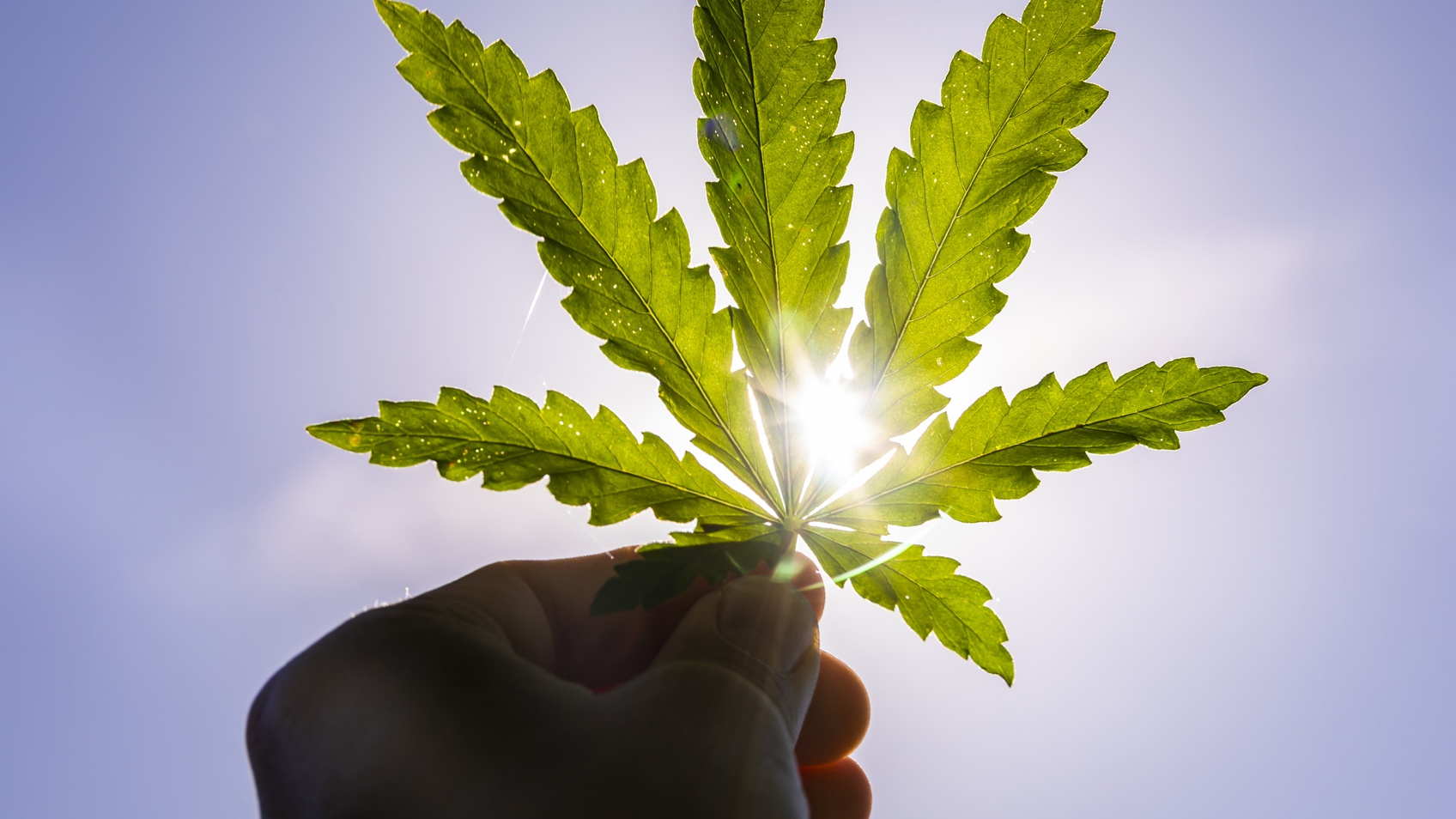Jamaica, the country that has long been associated with marijuana, appears to be running low on the product.
According to The Associated Press, an extended drought followed a period of heavy rains contributed to the shortage of weed. Experts also point to additional factors such as an increase in local consumption and a drop in the number of marijuana farmers. Adding to the problem, a 6 p.m. curfew is being enforced due to COVID-19, meaning farmers are unable to tend to their fields at night as they usually do.
Kenrick Wallace, who cultivates two acres, said he lost more than $18,000 in recent months and grew only 300 pounds, a significant decrease from the 700 to 800 pounds he normally produces. Activists said the pandemic has compounded with the loosening of Jamaica’s marijuana laws to contribute to the scarcity.
“Last year was the worst year. We’ve never had this amount of loss,” said Triston Thompson, chief opportunity explorer for Tacaya, a consulting and brokerage firm for the country’s legal cannabis industry. “It’s something so laughable that cannabis is short in Jamaica.”
The country authorized a regulated medical marijuana industry in 2015 and decriminalized small amounts of weed, enforcing only a minimized fine for people caught with two ounces or less of cannabis. While the general population is allowed to cultivate up to five plants, Rastafarians are permitted to smoke weed for sacramental purposes.
Paul Burke, CEO of Jamaica’s Ganja Growers and Producers Association, said some traditional small farmers have stopped growing because they can’t afford to meet requirements for the legal market. Burke added that the farmers are frustrated with police continuing to destroy “good ganja fields.”
Thompson said it's a shame to see what's happening in the country where pot, reggae and Rastafarians are considered to be fixtures of the culture.
“It’s a cultural embarrassment,” Thompson said.
The government’s Cannabis Licensing Authority, however, said there is no shortage of marijuana in the regulated industry. However, locals point to governmental business practices citing disparities in the regulated and non-regulated industries.
“They (the government) are not giving Rastafarians a link directly to the industry,” said Jalani Niaah, a professor at the University of the West Indies in Kingston who studies the Rastafari community. “Unless you are a big businessman, you can’t compete.”
According to Reuters, the U.S. State Department states that Jamaican farmers cultivate about 15,000 hectares, or approximately 37,065 acres, of cannabis every year. Applying for a grower’s license in Jamaica costs $300 for an individual and $500 for a business. But the annual fee can add up to as much as $10,000 depending on the type of license acquired.

